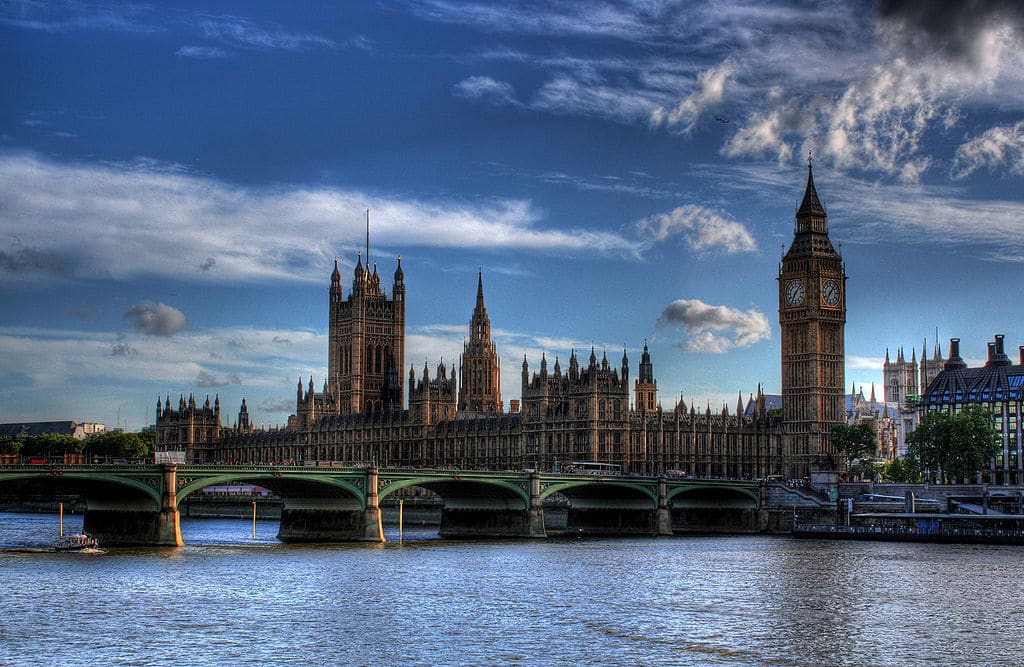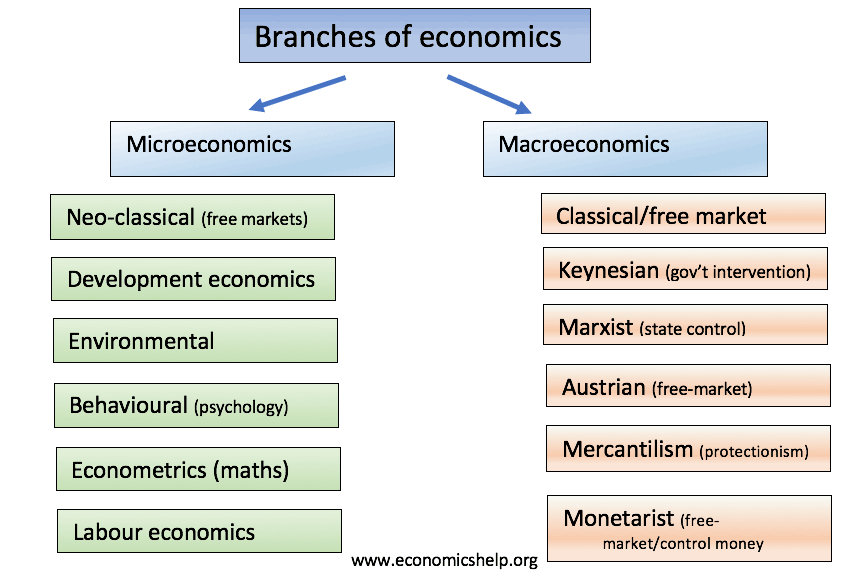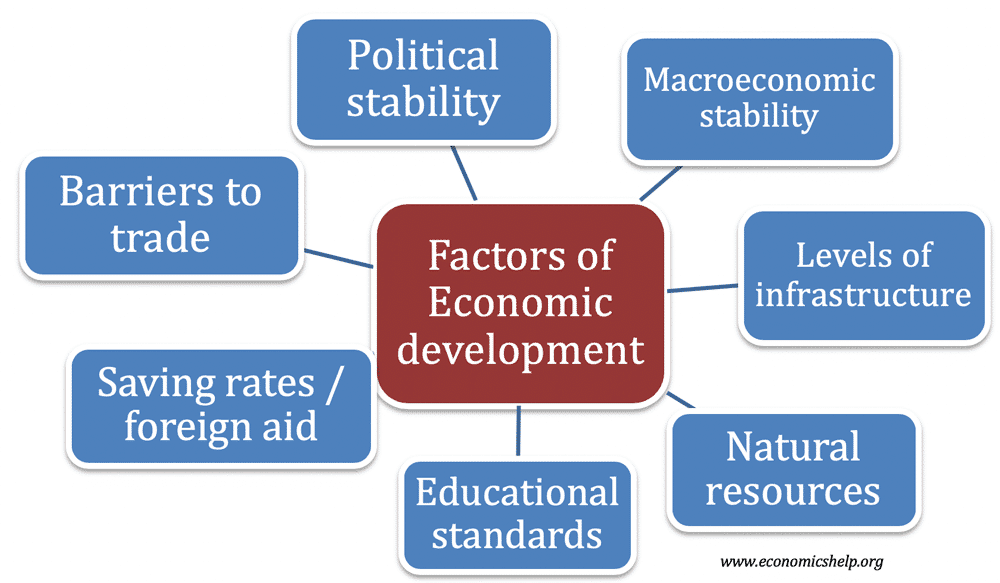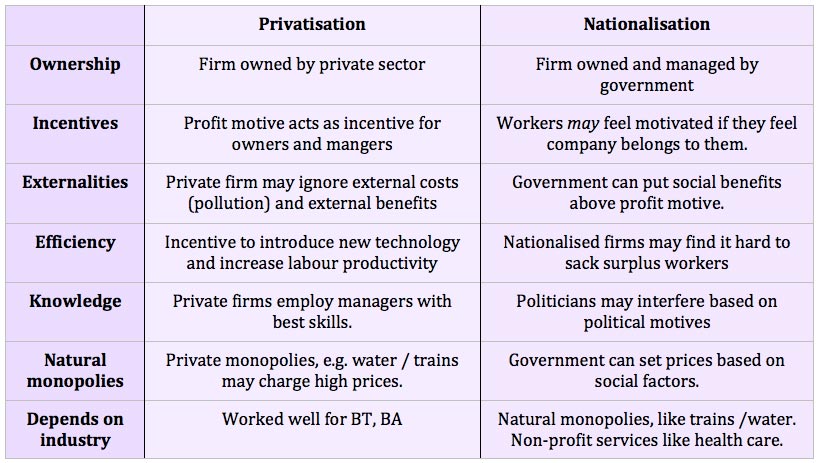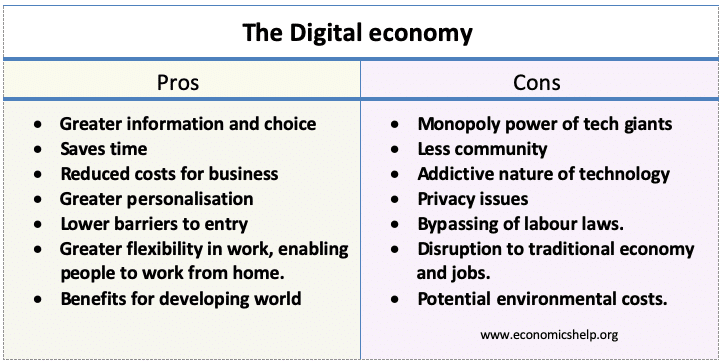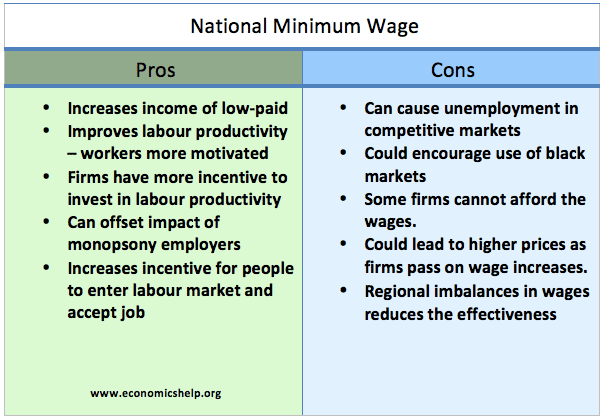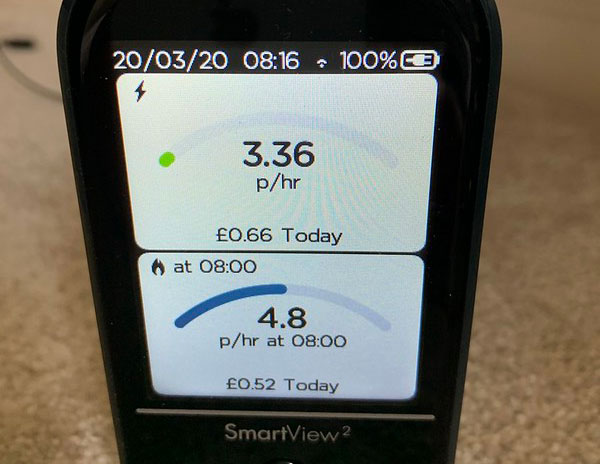The relationship between economics and politics
Readers question: Why cannot politics and economics be seen in isolation? Economics is concerned with studying and influencing the economy. Politics is the theory and practice of influencing people through the exercise of power, e.g. governments, elections and political parties. In theory, economics could be non-political. An ideal economist should ignore any political bias or …

